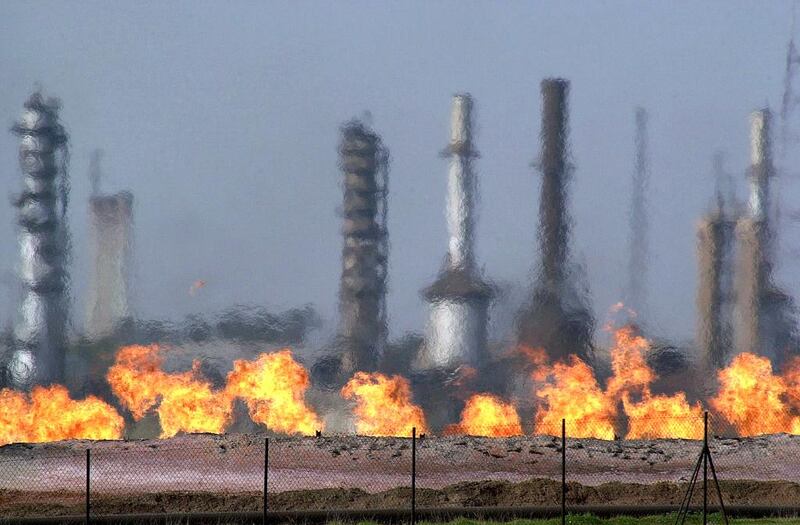North Oil Company (NOC), the operating company of Kirkuk, Iraq's oldest-producing field, hopes to auction oil rights within two years as it seeks more than US$18 billion in investment to update the site to bring it to full potential.
BP is due to complete a preliminary study of Kirkuk, where NOC is the federally controlled operator, in 18 months, following a $100 million deal signed last month.
The study’s outcome, which is likely to include recommendations to either inject water or gas into wells to push oil out, paves the way for a special licensing round in Iraq. The world’s biggest oil companies are keeping a close watch on the outcome.
Production at the fields has slumped from 500,000 barrels per day (bpd) to 425,000 bpd in the past six months, said Mohammed Riyadh Sabir, the director of projects for NOC.
“It makes no sense to wait more while we are losing money, and every day we are losing the extra oil which can be extracted,” he said in Dubai. “We lost a lot on the unproductive path. This is the wealth of all Iraqis.”
Discovered in 1927, Kirkuk has been ravaged by embargoes, looting and a lack of investment. Foreign companies have been discouraged by a territorial dispute between the Kurdish region of Iraq and the central government in Baghdad. Both claim parts of the field as their own.
During the embargo against the government of Saddam Hussein, engineers were forced to reinject oil underground because, with oil exports constrained, only the associated gas was required for domestic power generation.
That oil has seeped into fractures in the rock and remains trapped there, and rehabilitating each well would require from $30m to $50m, said Mr. Sabir.
A study undertaken by the US Army Corps of Engineers and the engineering company KBR estimated the field requires $18bn in investment. Equipment that was not taken by looters might be as old as seven decades; some of the original manufacturers no longer exist.
“It does not make sense to repair something like an old woman,” said Mr Sabir. “She wants to change her teeth and things; she will remain an old woman. ”
Kirkuk was among the first fields to go for auction in Iraq’s first licensing round, in 2009. Royal Dutch Shell and partners pitched a programme to raise output to 825,000 bpd for $7.89 a barrel, but Baghdad refused to accept anything higher than $2 a barrel.
Because of a clause in the country’s constitution stating that oil must be owned by Iraqis, Baghdad offers service contracts that pay foreign partners a per-barrel fee rather than the more common production-sharing contracts that give partners equity in oil.
BP’s deal for Kirkuk caps investment to the $100m cost of the study. The study excludes Khurmala, one of three geological formations in the Kirkuk field along with Baba and Avana. Part of Khurmala is administered by the Kurdistan Regional Government (KRG).
BP already operates in the south in Rumaila, Iraq’s biggest field, under a 20-year service contract with China National Petroleum Corporation, the Chinese state oil company.
NOC is also in talks with the KRG about how the Kurdish region’s new independent pipeline, due to start transporting crude from the region to Turkey imminently, will link with an existing pipeline administered by the federal oil ministry.
Hussain Al Shahristani, the deputy prime minister for energy affairs, said he had asked the KRG to link the pipeline to the federally controlled metering station so exports can be measured.
ayee@thenational.ae





